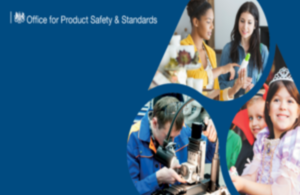2.1 million annual tax credits packs to be issued
About 2.1 million tax credits customers will begin to receive their annual renewal packs this week from HM Revenue and Customs (HMRC).
The packs will be sent between 25 April and 27 May, and customers have until 31 July to check their details are correct and update HMRC if there has been a change in their circumstances.
Tax credits help working families with targeted financial support, so it is important that people do not miss out on money they are entitled to.
There are 2 types of renewal packs:
- if it has a red line across the first page and says ‘reply now’, customers will need to confirm their circumstances to renew their tax credits
- if it has a black line across the first page and says ‘check now’, customers will need to check their details are correct. If correct, customers do not need to do anything and their tax credits will be automatically renewed
About 630,000 customers will need to confirm their circumstances to renew their tax credits for the 2022 to 2023 tax year.
Renewing online is quick and easy. Customers can log into GOV.UK to check the progress of their renewal, be reassured it is being processed and know when they will hear back from HMRC. Customers choosing to use the HMRC app on their smartphone can:
- renew their tax credits
- update changes to their claim
- check their tax credits payments schedule
- find out how much they have earned for the year
HMRC has released a video to explain how tax credits customers can use the HMRC app to view, manage and update their details.
How do I use the HMRC app to manage my tax credits?
If there is a change in a customer’s circumstances that could affect their tax credits claims, they must report the changes to HMRC. Circumstances that could affect tax credits payments include changes to:
- living arrangements
- childcare
- working hours
- income (increase or decrease)
Tax credits are ending and will be replaced by Universal Credit by the end of 2024. Many customers who move from tax credits to Universal Credit could be financially better off and can use an independent benefits calculator to check. If customers choose to apply sooner, it is important to get independent advice beforehand as they will not be able to go back to tax credits or any other benefits that Universal Credit replaces.
Find out more about renewing tax credits claims.
Customers can download the HMRC app for free from their smartphone app store.
Find out more about Universal Credit replacing tax credits.
